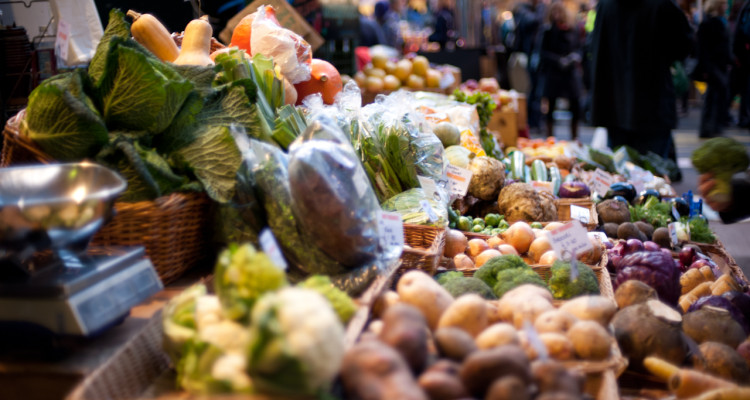
Food insecurity: the state of being without reliable access to enough affordable, nutritious food.
In 2019, research conducted by the University of Exeter in conjunction with Exeter Foodbank found that the number of emergency food parcels distributed had increased by 138% since 2012-2013. Furthermore, according to the Trussell Trust, between April 2020 and March 2021, 8,199 emergency food parcels were handed out in Exeter, with 1/3 of these being distributed to a child.
Food insecurity is a central issue within our community, one that will only increase with the cuts to universal credit that have recently been introduced. The impacts of this are several, with food poverty being linked to increased risks of illnesses such as heart disease, a reduction in quality of life and a reduction in life chances for those affected by it. More specifically, food insecurity within children is linked to increased anxiety and stress, with hunger in childhood linked to depression and suicidal episodes in teenagers. This evidences the lasting impacts caused by food insecurity.
Food insecurity is a prevalent global issue, recognised within international human rights law. Food insecurity and food poverty fall under the “right to adequate food”, a right first recognised in the 1948 United Nations Universal Declaration of Human Rights under the “right to an adequate standard of living”. Whilst an important step, this recognition is non-binding. Following the UDHR was the creation of the 1966 United Nations International Covenant on Economic, Social and Cultural Rights, a treaty monitored by The Committee on Economic, Social and Cultural Rights. The UK ratified this treaty in 1976, agreeing to ensure the rights outlined by the treaty including the “right to an adequate standard of living”. Beyond these international recognitions, raising awareness of these rights within our local communities is also an important step to prevent and alleviate food insecurity and food poverty.
What can we do as students to help alleviate food insecurity and ensure the right to food? Well, on average, the Exeter student community wastes 44,178kgs of food waste a day. Redirecting this food waste to those who need it could have a strong impact on those in our local community struggling with food poverty. An example of a student-led project doing this is Food Action, in partnership with Exeter Student Volunteers. Food Action currently operates with about 60 student volunteers, working towards reducing food waste on campus by redirecting it to Gabriel House, a homeless shelter in town.

The image above evidences the work done by Food Action, showing the collection of food from a single day of food waste from Pret on Streatham campus. If it was not for the effort of student volunteers, all of this would have been thrown away- this is a small step towards reducing food insecurity within Exeter, and one with a lot of potential for expansion.
To support the students making these changes:
- Follow @esv.foodaction on social media for updates and tips on reducing your food waste.
- Sign up and join Exeter Food Action volunteers to be involved in projects focused on the redistribution of food waste to the local community.
Sign the petition to put pressure on the government to try and stop the £20 Universal Credit cut, with the “State of Hunger” report by the Trussell Trust finding that a lack of sufficient income from the social security net is the most significant factor causing food poverty: https://petition.parliament.uk/petitions/593104



Average Rating